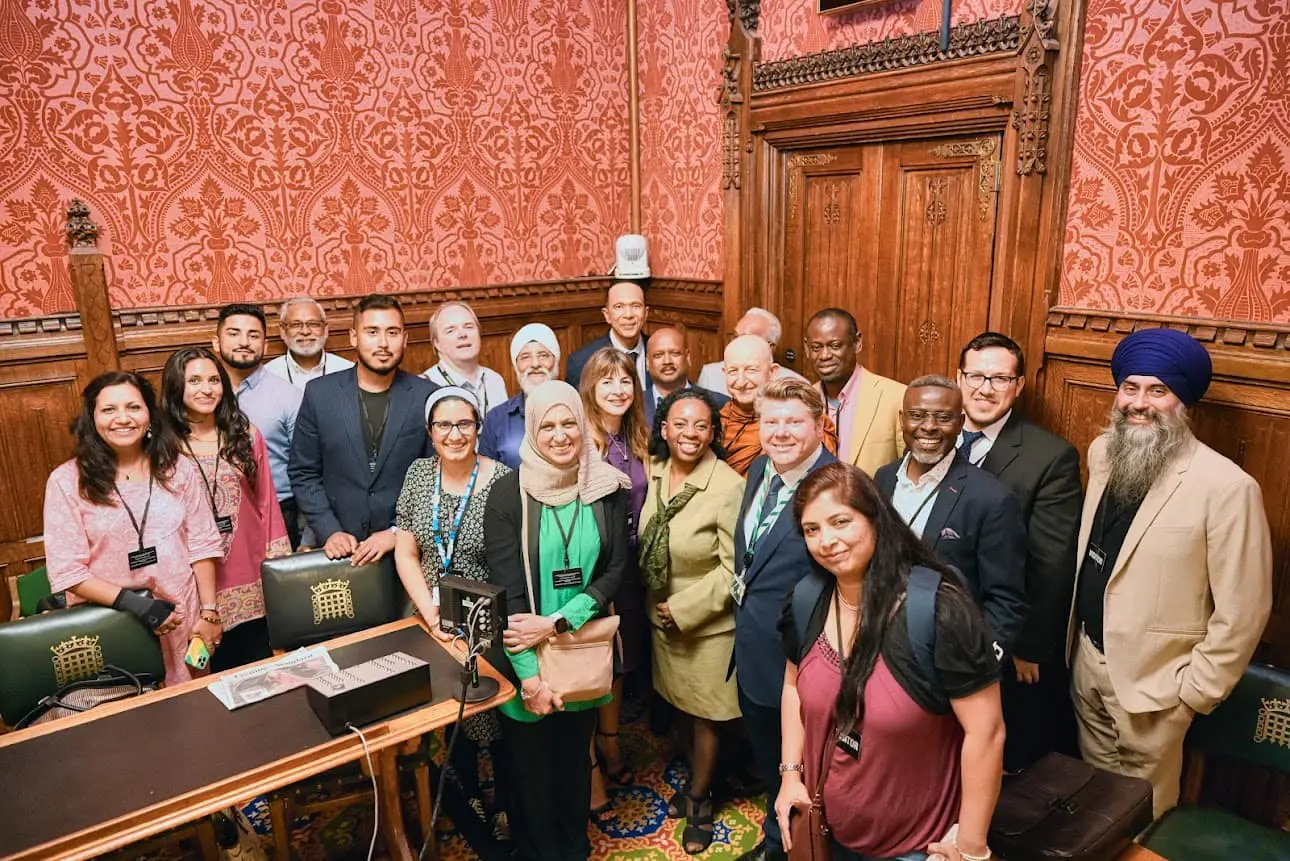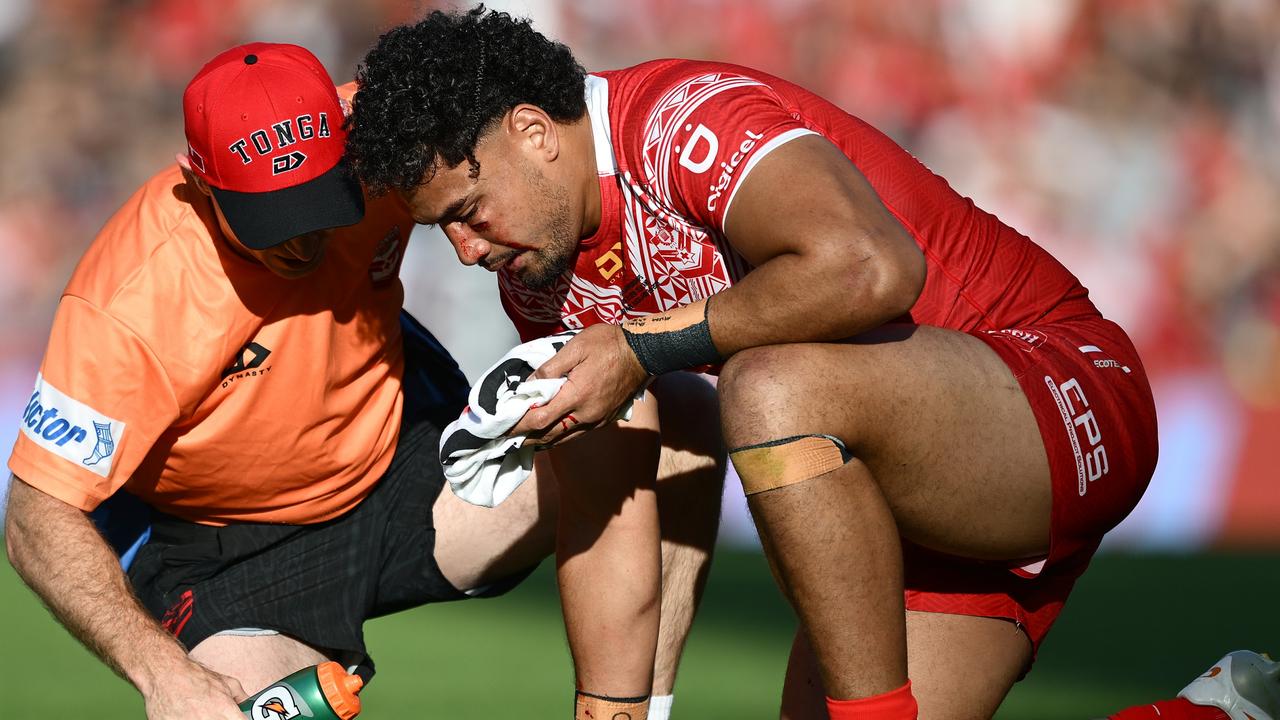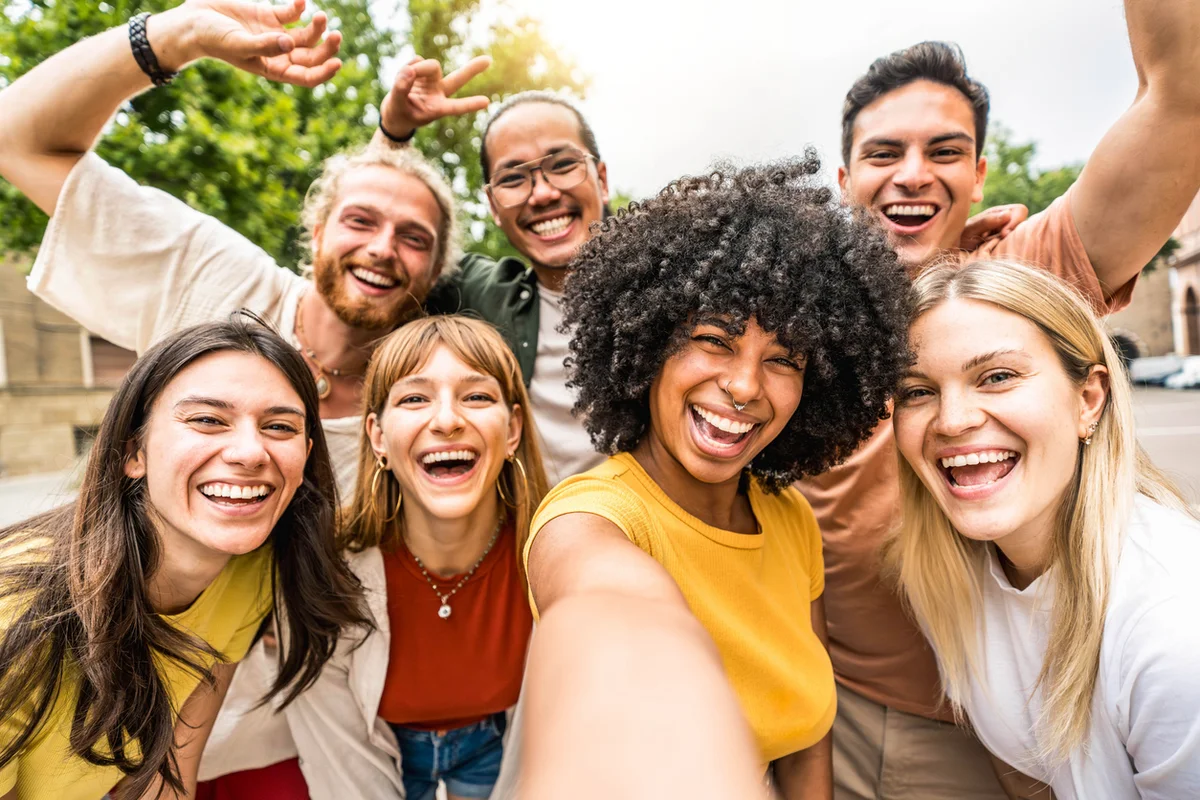Copyright thejc

Every day seems to bring disturbing news from around the country, whether it is the attack on Heaton Park shul or the banning of Israeli football supporters from a match in Birmingham. As Jews, we seem to be under attack on multiple fronts. I wonder how this can all be happening in Britain. And then I look at communities across the country, and I see signs that many are not as engaged with civic affairs as they might be. That is clearly reflected by the Board of Deputies feeling the need to encourage our communities to hold a “Civic Shabbat” to increase engagement. Understandably, not all Jewish communities want to host their local MP at the moment. How different life is in Watford! We are a small community of around 300 members, in as multicultural a town as you are likely to find. Our Labour MP relies on the Muslim vote for election. Yet, we have close and warm relationships with all our neighbours. I can honestly say that I have never encountered antisemitism in Watford. When I turned my phone on after Yom Kippur, I found that I’d been inundated with messages of support, condemning the attack in Manchester, from politicians across the political spectrum, Muslim leaders, leaders of other faiths and members of the public. Many wanted to come to shul to offer their support, so on Shabbat Ha’azinu, we warmly welcomed Watford’s MP, Matt Turmaine; our mayor, Muslim and Sikh leaders, councillors and deputy lord lieutenant. The harmony across the town has been achieved mainly thanks to local interfaith charities Watford Interfaith Association and One Vision, and civic leaders. When he was foreign secretary, James Cleverly called for a meeting to ask us how we managed to maintain such good relationships because he wanted to see if there were any lessons that could be applied elsewhere. Here are some examples of our interactions. On the Sunday of Interfaith week, we always have an “Interfaith Pilgrimage” with talks, discussions and light refreshments in various places of worship. We traditionally start at the shul before going on to visit various churches, both Shia and Sunni mosques and the local Sikh Temple. The event is normally attended by members and leaders of all faiths, our MP, mayor, councillors, and representatives from the police and fire service. In addition, there are more than a dozen multifaith and civic events held over the year, attended by similar groupings. This year, I will be joining with a representative of the Muslim community to lay a wreath at the War Memorial from WIFA (Watford Interfaith Association). On Holocaust Memorial Day, civic leaders join us in laying a second wreath and leaving messages at the Anne Frank Tree outside Watford Central Library. We also participate in local D-Day, VE day and VJ Day commemorations, and we hosted hustings for the last general election. Since Yom Kippur, I have attended a solidarity event in the North Watford Mosque following an isolated Islamophobic incident in the town and a mayor’s faith forum where the safety of our places of worship and racially/religiously aggravated crime were discussed with the police. Before that, we said prayers for victims of the Air India disaster at a vigil, held in Watford’s Peace Garden, and also spoke at a vigil held at Carpenders Park Lawn Cemetery after some Muslim graves were desecrated there. Next week, I will be attending a One Vision “Faith and Health Board” meeting, which focuses on the role that faith organisations play in community health. At the last meeting – held in the Hare Krishna Temple – I managed to collar our MP to have a frank discussion with him about Labour’s policy of recognising Palestine. I believe that is important that all groups see our common humanity and interests, while respecting our differences. This all takes time and commitment, but it is the absence of such personal interactions that allow misunderstandings, false narratives, fear, hatred and racism to flourish. I know that every community finds itself in a different situation, but I would encourage all of you to try to find the strength to engage in a positive and respectful way. That hostility generally comes from groups who have been making a big noise to gain influence over a lengthy period. We in Watford have shown that as a small group, we can also make our voices heard, and that over time, with commitment, it is possible to make a difference. Jeremy Taffel is chair of Watford and District Synagogue



